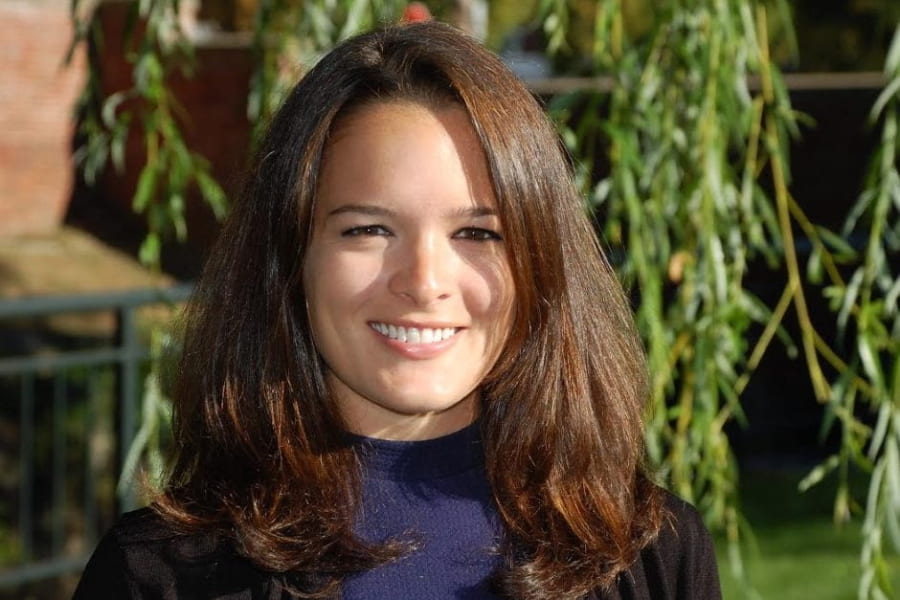Sarah Schaefer-Brown (MA, 2013)

Sarah believes that the Marine Conservation and Policy (MCP) Program prepares students for real world careers because you are provided experience in many different areas like environmental/marine policy, marine research, field work, communicating science. The program provides the experience to be competitive for marine conservation and policy programs. She says that “everyone in my graduating class had slightly different interests and the program gave everyone the freedom to pursue those interests.
Upon completing the MPC program, Sarah Schaefer was the Program Coordinator for the Peconic Estuary Program (PEP). In this job she facilitated the Peconic Estuary watershed protection and restoration projects, monitoring and research. She also assisted municipalities and not-for-profits to form partnerships, secure funding and plan and implement water quality improvement and habitat restoration projects. The PEP is a partnership comprised of stakeholders within the estuary. The program is responsible for creating and implementing a management plan to protect the estuary.
The Peconic Estuary is one of twenty-eight (28) estuaries in the National Estuary Program (NEP), administered by the United States Environmental Protection Agency (USEPA) under the auspices of Sec. 320 of the Clean Water Act to protect and preserve nationally significant estuaries which are threatened by pollution, development, or overuse. The Peconic Estuary was accepted into the program as an “estuary of national significance” in 1992 after citizen groups formed in response to the Brown Tide algal bloom events in the mid 1980’s and early 1990’s. At that time, it became the 20th National Estuary Program in the country.
The Peconic Estuary is located between the North and South Forks of Long Island, and consists of over one-hundred (100) harbors, embayments and tributaries which span more than 125,000 acres of land and 158,000 acres of surface water.
Sarah offers the following advice to incoming students:
“Stay open to all possibilities, whether it be lab work, field work, research etc. All experiences will give you some skill that will be valuable down the road. Make the most out of whatever opportunities you are given and work hard. Communication skills and ArcGIS experience are valuable strengths- take advantage of the chances you get to learn and practice these skills.”
Sarah is currently the Sustainable and Resilient Communities (SRC) Specialist, Nassau County for New York Sea Grant
Interviewed by MCP student Whitney Leigh
